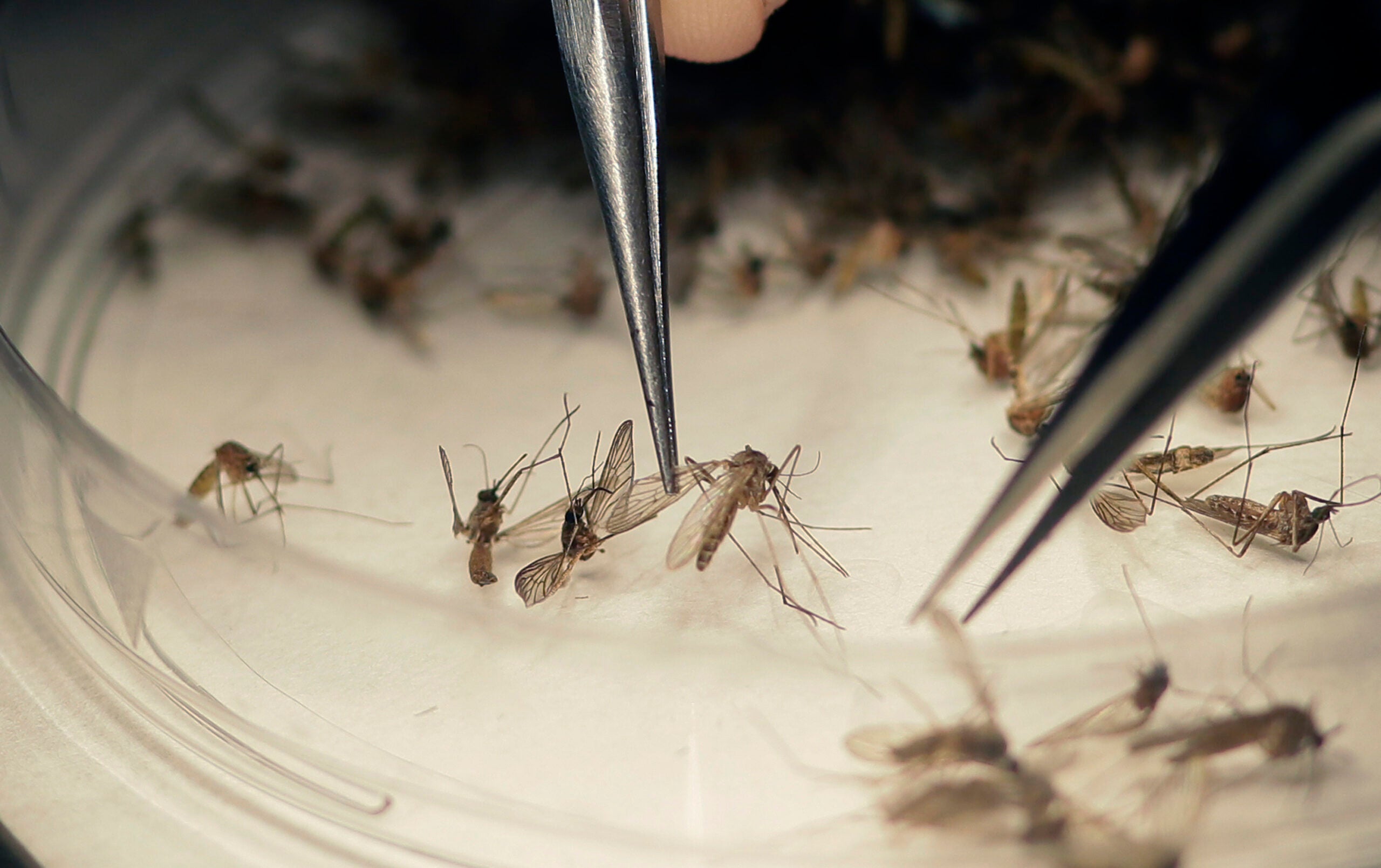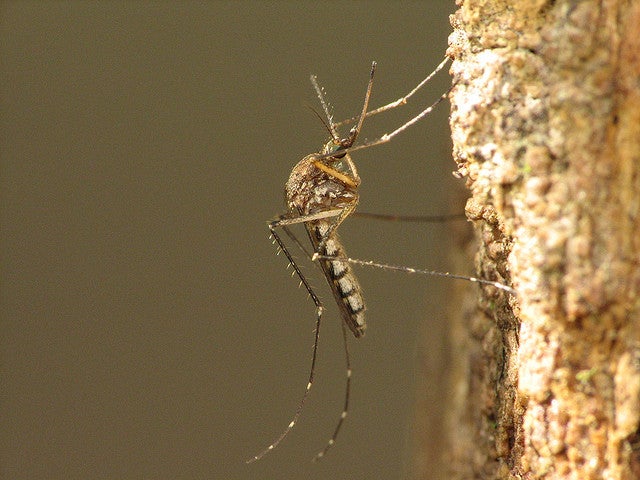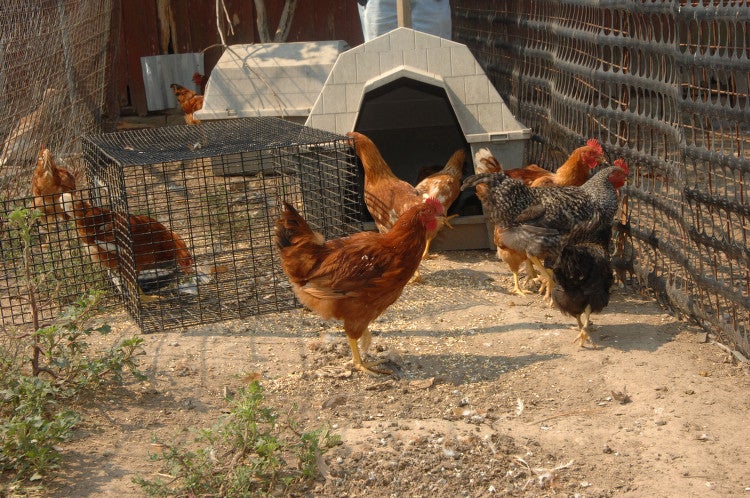Some public officials are worried Wisconsin may see an uptick in a mosquito-borne disease with historic ties to the state.
When the La Crosse encephalitis virus was identified in La Crosse County in the 1960s, the region saw an average of 27 clinical cases every year.
“This was the highest we’d ever seen,” said Dave Geske, vector control manager for La Crosse County. “(La Crosse encephalitis) would go on to be the most common mosquito-borne disease in the country.”
News with a little more humanity
WPR’s “Wisconsin Today” newsletter keeps you connected to the state you love without feeling overwhelmed. No paywall. No agenda. No corporate filter.
The virus mainly affects children and can cause swelling of the brain, leading to long-term neurological disorders.
But Lyric Bartholomay, associate professor at the University of Wisconsin-Madison, said many people who are infected have no signs of disease.
“There’s probably somewhere around 100 cases (in the United States) every year and that is really not indicative of the total number of people that get infected,” Bartholomay said.
Geske said the La Crosse area hasn’t had a clinical case of the virus in the last five years. But this summer’s conditions are right to see a resurgence.
“Any habitat out there that can support these mosquitoes that carry disease are full of water, and they’re going to breed and they will have multiple hatches coming. It increases the opportunity for human infection,” Geske said.
Geske said climate change could also be contributing to earlier mosquito hatches, with higher temperatures and more severe storms creating standing water.
But Bartholomay said the impact of weather isn’t always straightforward.
“When there’s a lot of extra rain, sometimes that even serves to washout habitat, so there can be the opposite effect, too,” Bartholomay said.
Last year, Wisconsin reported two cases of La Crosse encephalitis, according to data from the Centers for Disease Control and Prevention.
Bartholomay said preventing standing water and wearing bug repellant in wooded areas are the best ways to guard against the disease.
Wisconsin Public Radio, © Copyright 2026, Board of Regents of the University of Wisconsin System and Wisconsin Educational Communications Board.







